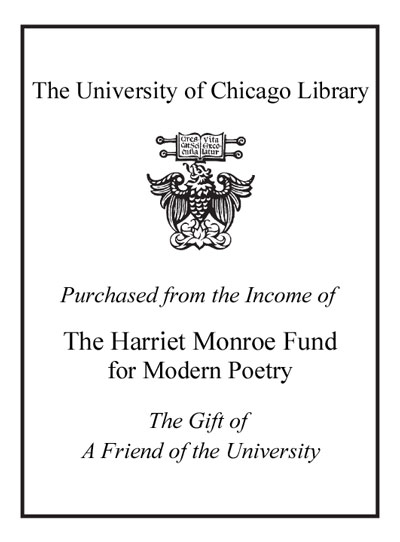Review by Booklist Review
Between Cracking the Code (1985), Bergman's fine first collection, and this, his second, fell the AIDS epidemic. As a gay man, Bergman was affected. Friends sickened and died, and he had, for a while at least, to be one of the worried well. Out of that experience come the approachable poems about AIDS in this collection's first part. Some of the best AIDS literature of any kind, they introduce characters who come alive and tell stories, not all directly about AIDS, that bring the poet and his anxieties to life, too. As much could be said of the poems in the other four parts, concerned with or inspired by gardening; traveling and sight-seeing; stories from the Bible, classical mythology, and the lives of friends; and the aging of the poet's father. If Bergman doesn't astonish with his intellect, poem after poem is fluent, intelligent, well shaped, and memorable. (Reviewed April 1, 1998)0814207839Ray Olson
From Booklist, Copyright (c) American Library Association. Used with permission.
Review by Kirkus Book Review
Towson State English professor and editor of numerous anthologies of gay fiction, Bergman (Cracking the Code) relies on his superb knowledge of traditional prosody in the various forms he so purposefully explores in this, his second collection. The short dialogue between Death and a beautiful Young Man, which opens the volume, sets the elegiac tone for a dozen or so graceful poems about AIDSfrom a witty portrait of a wild transvestite who died by accident, unlike his co-workers at the hair salon, each dead by disease, to a narrative about taking part in a clinical study of HIV. Days of the 1970s tells the history of the decade simply by its clever rhymes: AIDS, escapades, parades, and raids. Cats figure in poems about desertion by a lover and about memory of a friend recently dead. Bergmans transgressions against entropy include smart lyrics about grubs at night, planting a garden, a mockingbird that sounds like a car alarm, and a group of poems inspired by art and travel. A skilled narrative artist, Bergman tells the chilling tale of a psychic, consulted by the police, who realizes that a missing boy was killed by his mother, and he also captures the voice of a female primatologist who prefers her monkeys to men. Poems about his aging father, including the wonderful title piece, combine Bergmans campy charms with his expressive clarity: While his father asks that no heroic measures be taken to sustain his life, his son preserves that life quite elegantly in his own strong measures.
Copyright (c) Kirkus Reviews, used with permission.
Review by Booklist Review
Review by Kirkus Book Review

